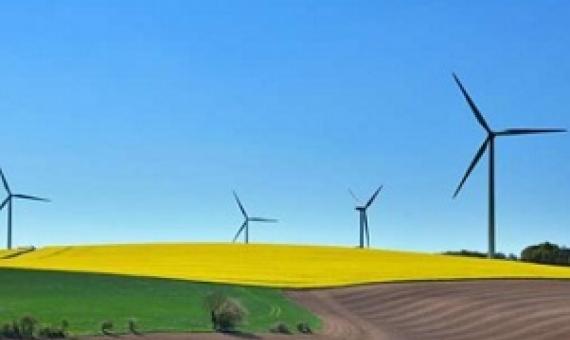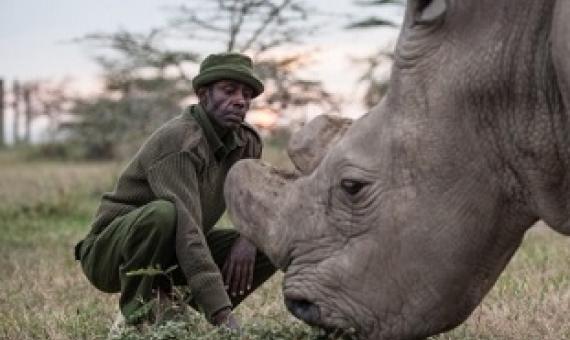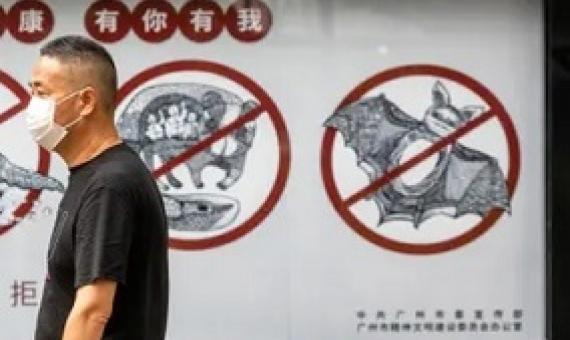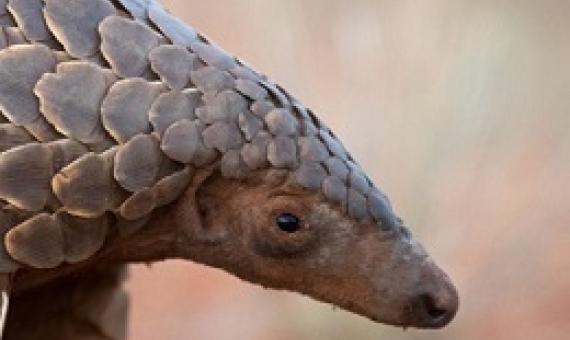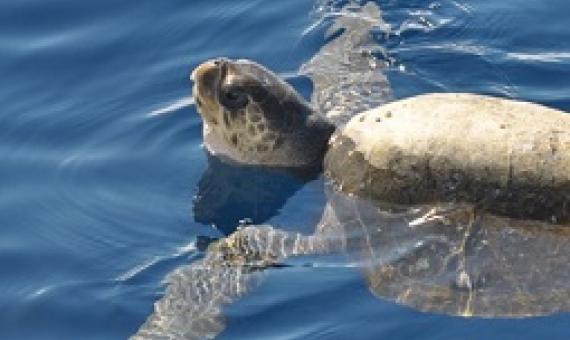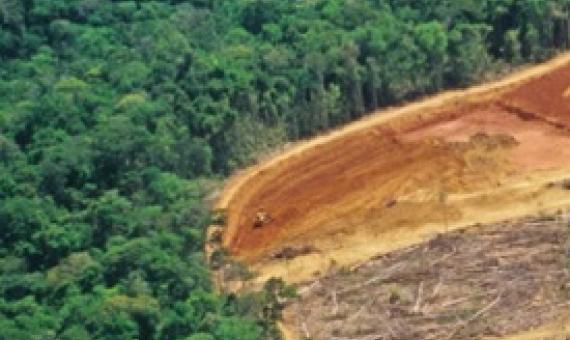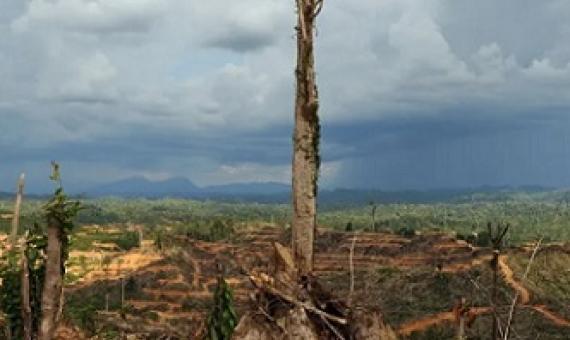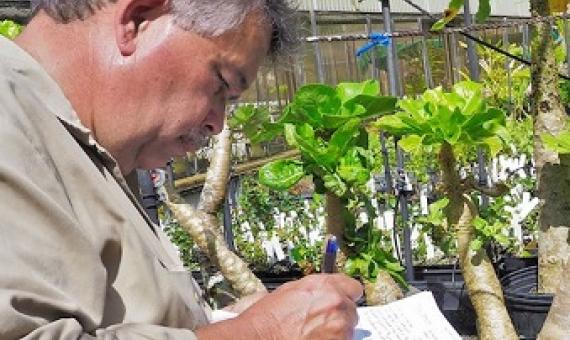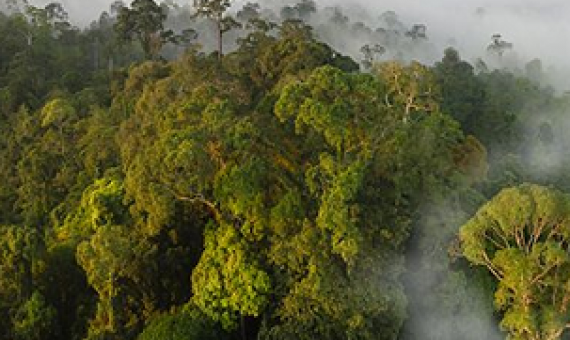A team of scientists has warned that the U.N. Sustainable Development Goals (SDGs), designed to bring together environmental protection and socioeconomic development, are failing to protect biodiversity.
Next year, all eyes will be on Kunming, China, as talks resume on a new set of global goals to protect biodiversity. These are much needed, because most of the existing 20 targets, which were set in 2010 in Aichi, Japan, have failed to make an impact on the rate of biodiversity loss.
Pandemics such as coronavirus are the result of humanity’s destruction of nature, according to leaders at the UN, WHO and WWF International, and the world has been ignoring this stark reality for decades.
The pandemic which has locked down the planet’s human population is rooted in the trade and consumption of wild animals. But the UN organisation which regulates this trade, CITES, is incapable of preventing the health crisis, says its former head, John Scanlon.
Most of us have never been to the world’s immense last wilderness and never will. It’s beyond the horizon and often past the limits of our imaginations.
A global plan under negotiation envisions designating 30 percent of land and sea as protected by 2030 — and 50 percent by 2050 — in order to revive ecosystems and safeguard the diversity of species on Earth, according to a draft text of the agreement under the U.N.
Rebuilding marine life
Sustainable Development Goal 14 of the United Nations aims to “conserve and sustainably use the oceans, seas and marine resources for sustainable development”. Achieving this goal will require rebuilding the marine life-support systems that deliver the many benefits that society receives from a healthy ocean. Here we document the recovery of marine populations, habitats and ecosystems following past conservation interventions.
Destruction of wildlife and the climate crisis is hurting humanity, with Covid-19 a ‘clear warning shot’, say experts. Nature is sending us a message with the coronavirus pandemic and the ongoing climate crisis, according to the UN’s environment chief, Inger Andersen.
Mike Demotta is the Curator of Living Collections at Hawaii’s National Tropical Botanical Garden (NTBG) on the island of Kauai. He is passionate about his speciality, native plants and the important role they play in Hawaiian culture.
On the International Day of Forests, which falls on Saturday, UN chief António Guterres is calling for 2020, which has been referred to as a “nature super year”, to be the year that the world turns the tide on deforestation and forestry loss...This year’s International Day highlights the con

